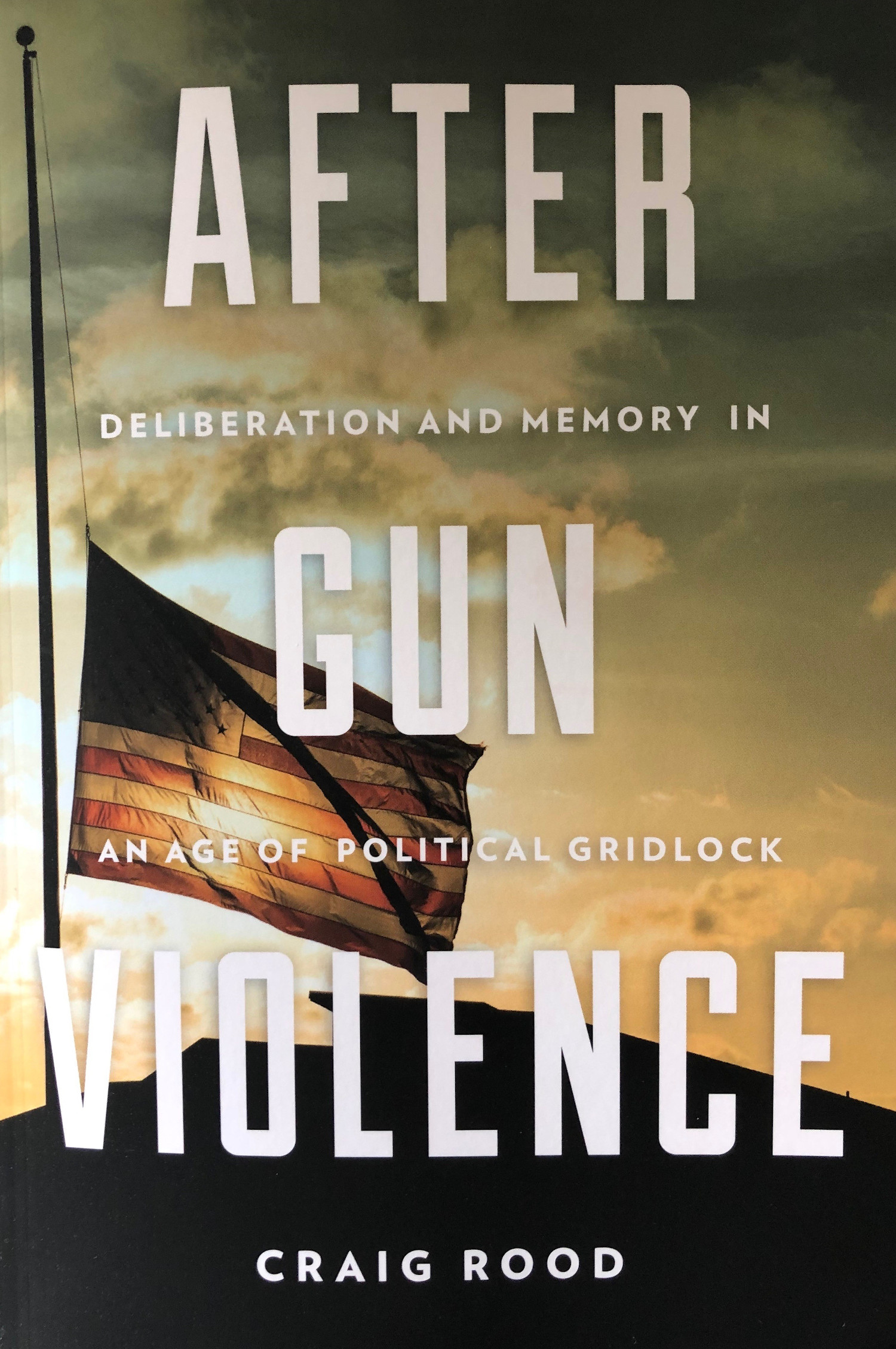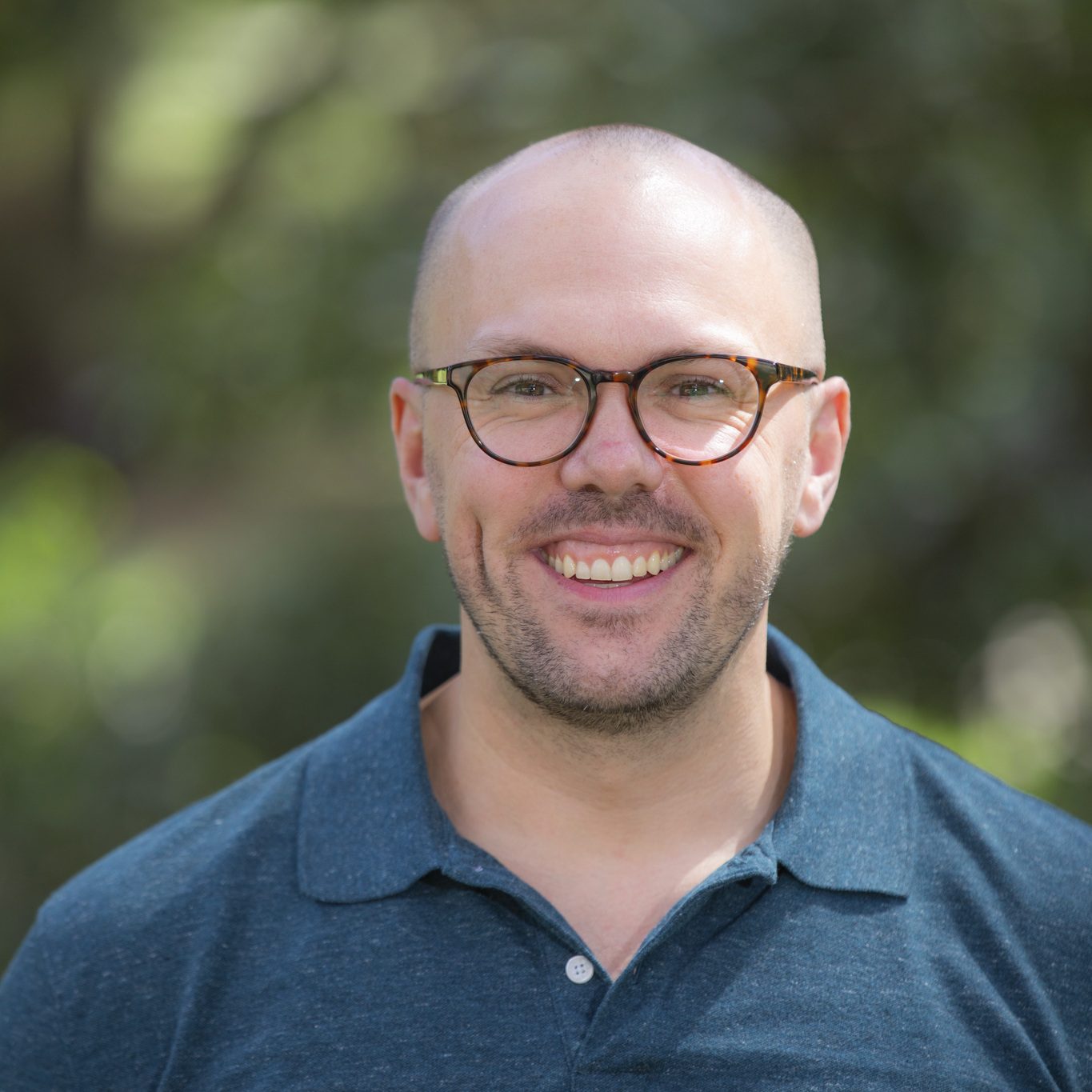Bio
Courses I am teaching
- SP CM 2120—Fundamentals of Public Speaking
- ENGL/SP CM 3100—Rhetorical Analysis
- ENGL/SP CM 3500—Rhetorical Traditions: Histories and Theories of Rhetoric
- ENGL/SP CM 4180—Seminar in Argumentation
- ENGL 5470—Overview of Rhetorical Theory from the Classical Age to the Present
- ENGL 5630C—Rhetorical Analysis
Degrees
PhD, Communication Arts & Sciences (Rhetorical Studies), Pennsylvania State University, 2015
MA, English (Rhetoric and Composition), North Dakota State University, 2011
BA, Philosophy/Humanities, North Dakota State University, 2008
Research areas
As a scholar, I study how people communicate about divisive public issues, such as gun violence and mental illness. I am interested in questions like: How do people communicate about controversial or divisive public issues? How might they do so more productively? And how can rhetorical scholars help to improve the quality of public debate and deliberation?
In short, I am a rhetorical critic, theorist, and educator whose work is guided by Wayne Booth’s claim that “the quality of our lives, moment by moment, depends upon the quality of our rhetoric.”
About my teaching and how I came to teach what I teach
I was reluctant to go to college, but soon developed a love of learning. It was in my first-year writing and public speaking courses that I began to understand what it meant to think critically and to communicate effectively. I learned that there was a classical art of “rhetoric,” and I began to recognize how it operated everywhere around us—ranging from speeches by civic leaders to something as mundane as deciding what to wear in the morning.
In the classroom, then, I have high hopes that education should be transformative. Class is a success when a student notices something subtle in an advertisement, identifies a strategy that they can use to communicate more effectively, or asks a question that makes us think.
Recent publications

“Imagining Protection from Domestic Gun Violence.” Rhetoric Review 42.3 (2023): 169-183.
“The Activism Gap and the Rhetoric of (Un)Certainty.” Chapter in Guns & Rhetoric. Eds. Lydia Wilkes, Ryan Skinnell, and Nate Kreuter. (Logan: Utah State University Press, 2022), 100-117.
“Protection Narratives and the Problem of Gun Suicide.” Rhetoric & Public Affairs 25.2 (2022): 29-56.
“The Racial Politics of Gun Violence: A Brief Rhetorical History.” Chapter in Rhetoric, Race, Religion, and the Charleston Shootings: Was Blind but Now I See. Eds. Sean Patrick O’Rourke and Melody Lehn. (Lanham: Lexington Books, 2020), 59-83
“Identity and Partisan Reception in U.S. Debates About Gun Violence.” Communication Teacher 34.2 (2020): 141-146.
After Gun Violence: Deliberation and Memory in an Age of Political Gridlock (Pennsylvania State University Press, 2019).
“‘Our Tears Are Not Enough’: The Warrant of the Dead in the Rhetoric of Gun Control.” Quarterly Journal of Speech 104.1 (2018): 47-70.
“Rhetorical Closure.” Rhetoric Society Quarterly 47.4 (2017): 313-334.
“The Gap between Rhetorical Education and Civic Discourse.” The Review of Communication 16.2-3 (2016): 135-150.
J. Michael Hogan and Craig Rood, “Rhetorical Studies and the Gun Control Debate: A Public Policy Perspective.” Rhetoric & Public Affairs 18.2 (2015): 359-371.
“‘Understanding’ Again: Listening with Kenneth Burke and Wayne Booth.” Rhetoric Society Quarterly 44.5 (2014): 449-469.
“‘Moves’ Toward Rhetorical Civility.” Pedagogy: Critical Approaches to Teaching Literature, Language, Composition, and Culture 14.3 (2014): 393-413.
“Rhetorics of Civility: Theory, Pedagogy, and Practice in Speaking and Writing Textbooks.” Rhetoric Review 32.3 (2013): 331-48.
“Barack Obama’s 2009 University of Notre Dame Commencement.” Voices of Democracy 7 (2012): 60-75. http://voicesofdemocracy.umd.edu/vod-journal/vod-journal-volume-7/

